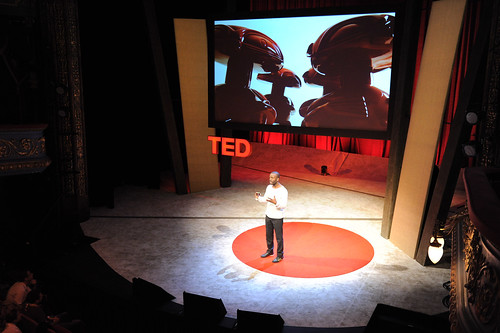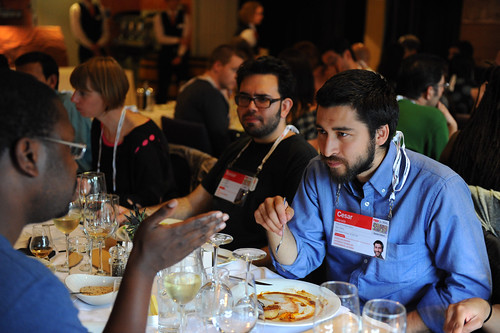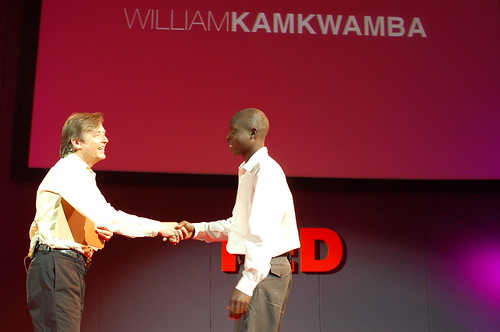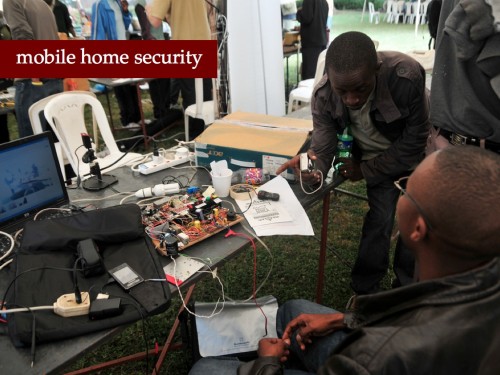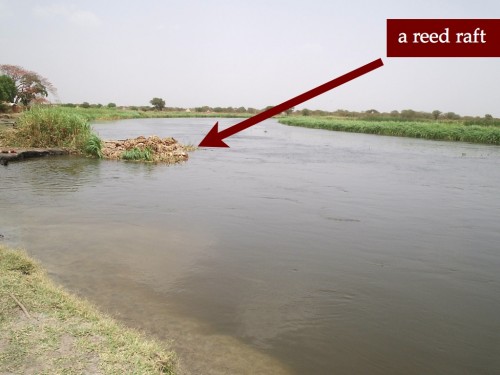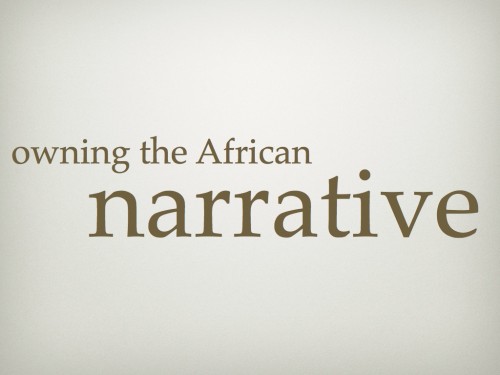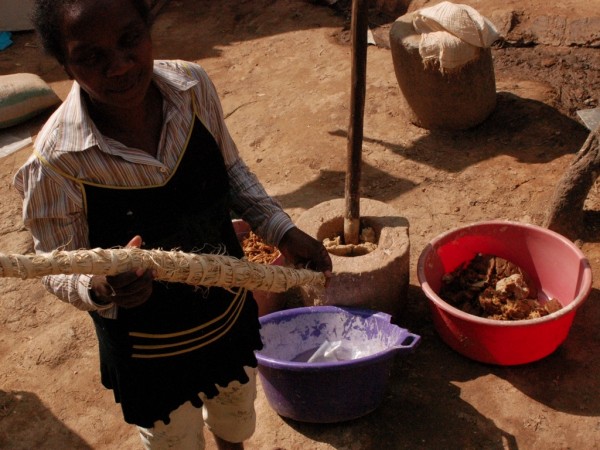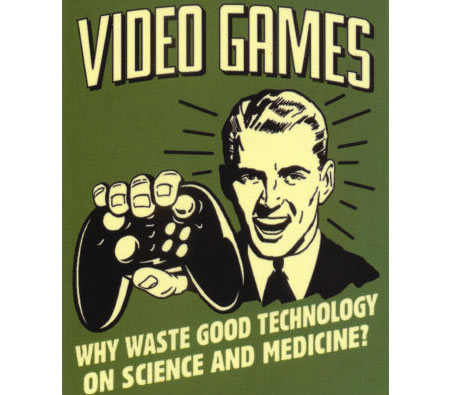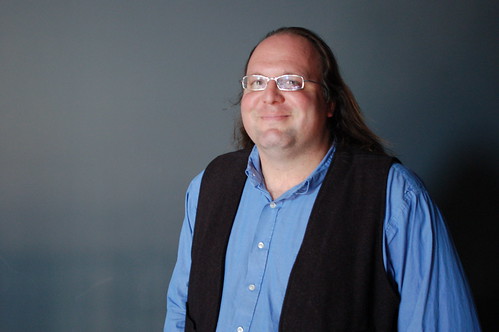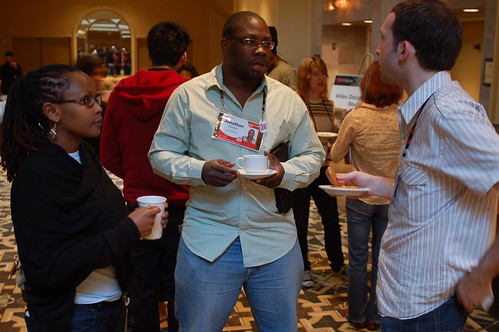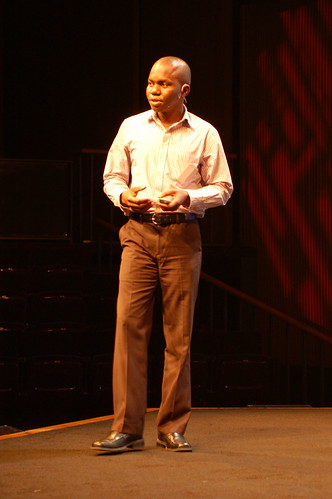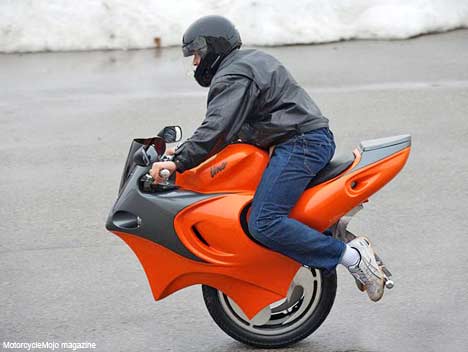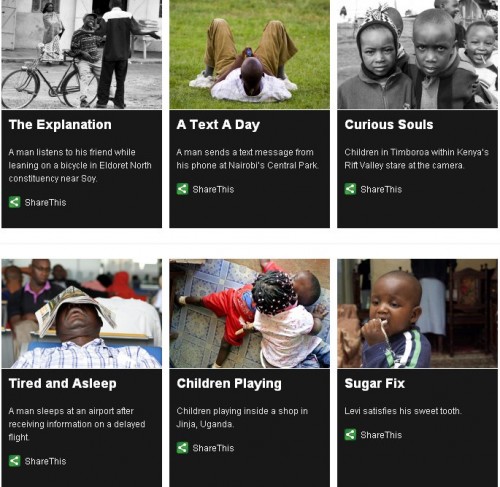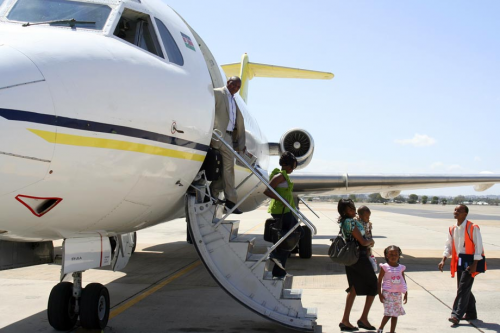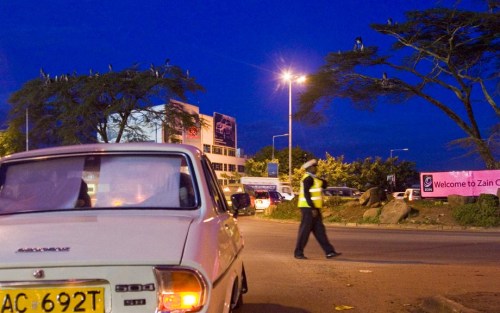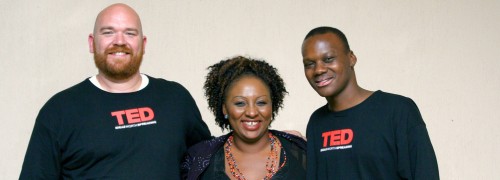“More than half of the speakers at TED2013 will be selected through an ambitious experiment in crowdsourcing: the TED Worldwide Auditions.”
Speaking on the TED stage is hard. It’s hard to get to. It’s hard to speak from. It’s hard to stand out enough to make it to TED.com. For all of these reasons, it is also one of the most coveted speaking engagements in the world.
Africa Locations and Dates
If you’re in Africa, this is your chance to get there, to be heard. The auditions are coming to the following 3 cities on the continent, and my sources tell me that Chris Anderson, the curator himself, will be there to screen you.
- Johannesburg, South Africa – applications open on February 24 and close on March 15. Auditions are on May 3.
- Nairobi, Kenya – applications open on February 26 and close on March 17. Auditions are on May 5.
- Tunis, Tunisia – applications open on February 29 and close on March 20. Auditions are on May 8.
What TED is looking for
Anyone can apply to audition, so long as you have not spoken at a TED Conference, TEDGlobal or TEDActive, and do not have a talk posted on TED.com/talks. We’re especially looking for:
THE INVENTOR … sharing an innovation with world-changing potential
THE TEACHER … sharing valuable knowledge in a memorable way to teenagers or adults
THE PRODIGY … young talent ready to break out
THE ARTIST … who can showcase their work in a compelling, new way
THE PERFORMER … music, dance, comedy, drama … or something entirely different
THE SAGE … wisdom the world needs from those who have learned it the hard way
THE ENTHUSIAST … with an infectious passion about a topic they can share
THE CHANGE AGENT … helping shape the world’s future with work that matters
THE STORYTELLER … vivid, original, meaningful … with a talent for connection
THE SPARK … with a powerful idea worth spreading
My TED Story
In 2007 there was a TED Africa, held in Arusha, Tanzania. Looking back, this might have been one of the most important events for our generation of “cheetahs“, we learned the importance of story and a firestorm brewed over the trade vs aid debate.
I was fortunate enough to be selected as one of the Fellows for that event, and it was there that the most of what would be the Ushahidi core team met. Seven months before we built it, we knew and trusted each other more because Juliana, Ory, Daudi, and myself were there.
It was also the first place that I stepped onto the TED stage to talk. I did a short 3-minute talk on AfriGadget and the types of innovation found on the side of the road in Africa. To be honest, I psyched myself out on it, and didn’t do a great job. I don’t remember much about it, but the fact that it never showed up on TED.com means that it was underwhelming (and I’m glad that it didn’t see the light of day). This is also when I swore to never get worked up over a simple speech again.
Fast forward to 2009 when the official TED Fellows initiative was launched. I had another chance to talk, this time on Ushahidi and our plans to build the next generation curation tool, which we call SwiftRiver. This time it went much better, and my talk showed up on TED.com. It’s now been translated into 31 languages and watched by thousands around the world, taking myself and Ushahidi to another level.
If you’ve done something remarkable, have an amazing talent and are able to speak or perform well, then there isn’t a better stage than TED. Make sure you get your application in on time, so that you get a chance to audition, and take the first step to the TED stage.

